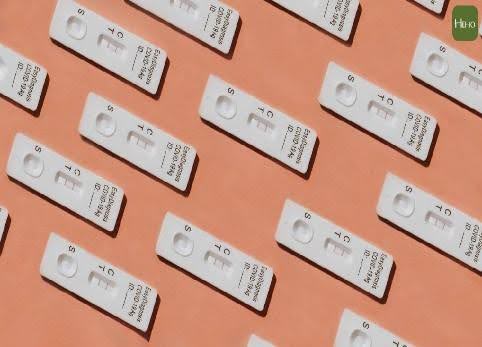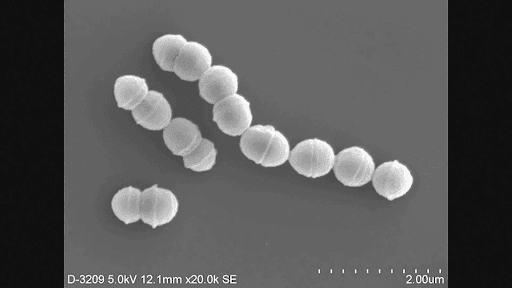“The school once held an allowance of license exam for disadvantaged students, and what astonished me was that it included children of new immigrants. It seems that new immigrants and the second-generation of them are generally regarded to be disadvantaged group by the society” Wu Pei-Zhen, the second-generation new immigrants from Vietnam shocked by the fact that stereotype is still everywhere. However, she does not stop improving and makes second-generation new immigrants more than a noun by actions.
Wu Pei-Zhen, who is only twenty-one, studies nursing because of illness of family member. She worked a part-time job in a long-term care institution during summer vacation. While saying goodbye to the residents, an elderly woman couldn’t help crying and said “you are the only one who come see and talk to me” which mixed Wu Pei-Zhen’s feelings.
Wu Pei-Zhen observes the fact that the long-term care facility is unable to offer much companionship and care owing to the shortcut of human resources which motivated her to does her best and always free time to accompany elders in order to prevent them from feeling alone and abandoned. “I look forward to participating in the long-term care system and try my utmost. On the one hand, I can dedicate myself to long-term care, and try my utmost to fix the communication issues of care workers.”
When I got back to Vietnam, I heard my grandmother said to the aunt “She (referring Wu Pei-Zhen) is a Taiwanese now, she doesn’t understand us, so there’s no need to explain to her.” My heart was filled up with mixed feelings. “It turns out that my grandmother never treats me as a Vietnamese or a member of a tribe. I decided to learn Vietnamese immediately and start learning it after returning to Taiwan,”
When Wu Pei-Zhen returns to Vietnam next year, there is no barrier on daily conversation with family, “Nhi (Wu’s Vietnamese name) is speaking better Vietnamese now, she’s now with us as Vietnamese” said her aunt to her grandmother. Wu Pei-Zhen was vigorous, from that moment, she realized that she identified as not only the second-generation new immigrants in Taiwan but also a Vietnamese.
Wu Pei-Zhen currently works as a nurse at night, whiles also studies during the day. She hopes to devote herself to long-term system through her identity and language in order to give feedback on the cultivation of the land. “If you are a human being, there should be no boundaries for me. Today, regardless of my nationality, I may be anyone as long as I have identification on this land. I adore Vietnam, where my mother was born, as well as Taiwan, where I was born. I wouldn't be who I am now without either side.”

1213.jpg)





